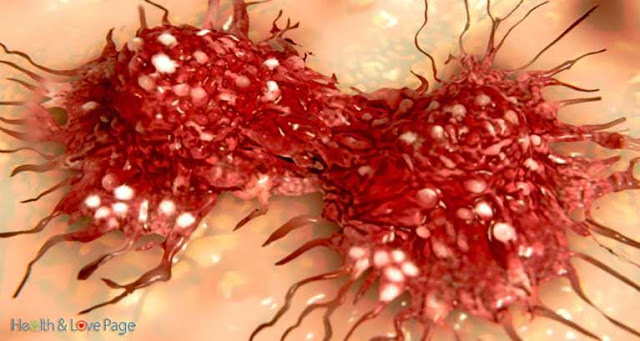Apparently, whenever you feel resentful, regretful, or replay some bad memories in the head, the body suffers equally to your mind. Therefore, focusing on such negative emotions causes devastating long-term disease.
The solution? -- Forgiveness.
Forgiveness is not a sign of submission, weakness, or a flaw. Actually, it is a trait of strong personalities.
The Greater Good Science Center claims “psychologists generally define forgiveness as a conscious, deliberate decision to release feelings of resentment or vengeance toward a person or group who has harmed you, regardless of whether they actually deserve your forgiveness.”
Yet, forgiveness is not an event but a process, and this explains the difference between decisional forgiveness and emotional forgiveness.
This distinction has been depicted as follows:
“Decisional forgiveness is a behavioral intention to resist an unforgiving stance and to respond differently toward a transgressor. Emotional forgiveness is the replacement of negative unforgiving emotions with positive other-oriented emotions. Emotional forgiveness involves psychophysiological changes, and it has more direct health and well-being consequences.”
The Journal of Behavioral Medicine published a study which confirmed that a forgiving personality was linked to better subjective well-being and psychological well-being.
Other studies have found a link between forgiveness and better sleep quality, reduced fatigue, improved physical symptoms, fewer medications used, and fewer somatic complaints.
Forgiveness also supports heart health. As found in a study published in the American Journal of Cardiology, forgiveness has a more cardioprotective profile, while anger and other negative emotions had cardiotoxic effects. The conclusion of the researchers was as follows:
“These findings suggest that interventions aimed at decreasing anger while increasing forgiveness may be clinically relevant.”
Researchers from Hope College’s Psychology Department tried to analyze the effects of negative emotions, so they conducted a research which involved 35 female and 36 male participants.
Participants revisited hurtful memories and grudges, and researchers evaluated their facial muscle tension, heart rate, blood pressure, and sweat gland activity.
Afterward, they asked participants to imagine granting forgiveness toward real-life offenders, and found that “forgiving thoughts prompted greater perceived control and comparatively lower physiological stress responses.”
This showed that negative emotions increased stress response and stimulated the production of sweat, while forgiveness relaxed their facial muscles, and lowered blood pressure.
They concluded that “…chronic unforgiving responses may erode health whereas forgiving responses may enhance it.”
Furthermore, Dr. Steven Standiford, chief of surgery at the Cancer Treatment Centers of America, claims that unforgiveness is classified as a disease in medical books. He maintains that the refusal to forgive people who have harmed you leads to sickness.
He adds:
“It’s important to treat emotional wounds or disorders because they really can hinder someone’s reactions to the treatments, even someone’s willingness to pursue treatment”.
Moreover, forgiveness might also prevent cancer prevention. As estimated by Dr. Michael Barry, author of the book The Forgiveness Project, 61 percent of cancer patients have forgiveness issues.
He explains:
“Harboring these negative emotions, these anger and hatred, create a state of chronic anxiety. Chronic anxiety very predictably produces excess adrenaline and cortisol, which deplete the production of natural killer cells, which is your body’s foot soldier in the fight against cancer.”











